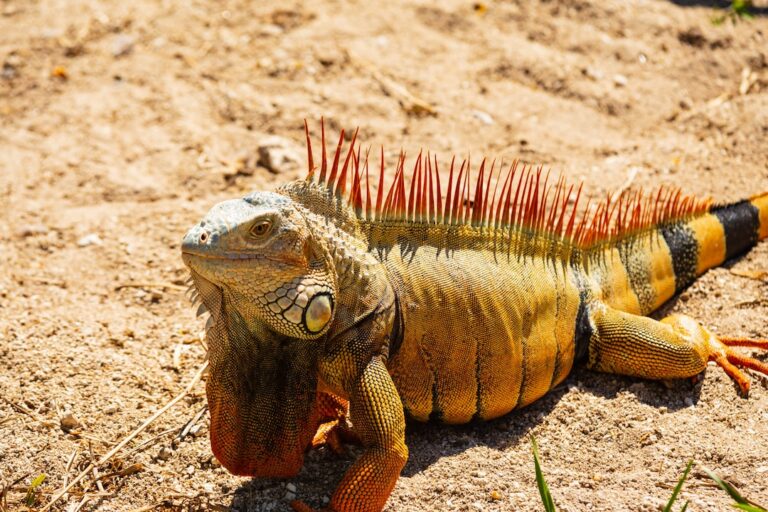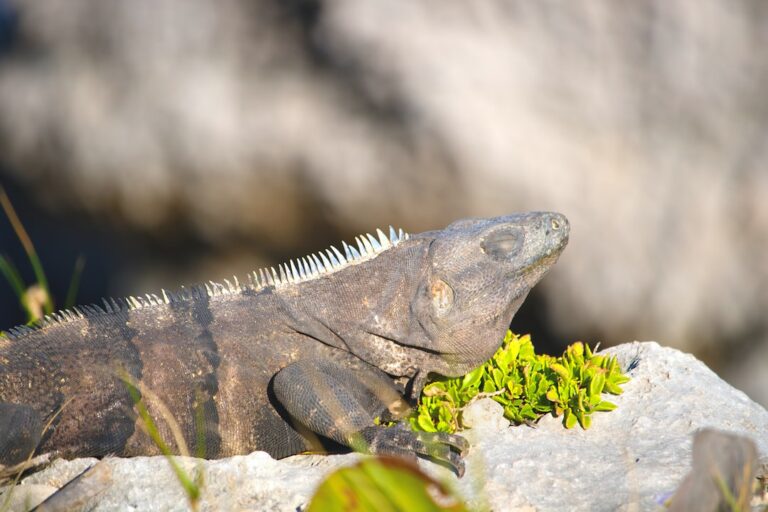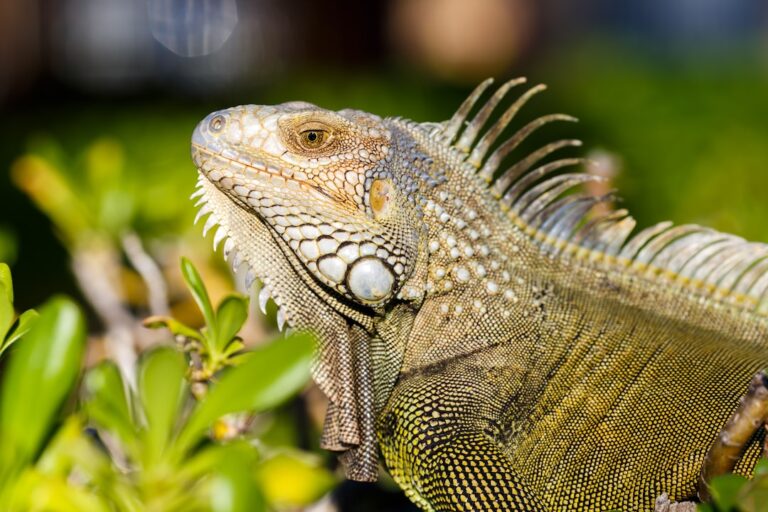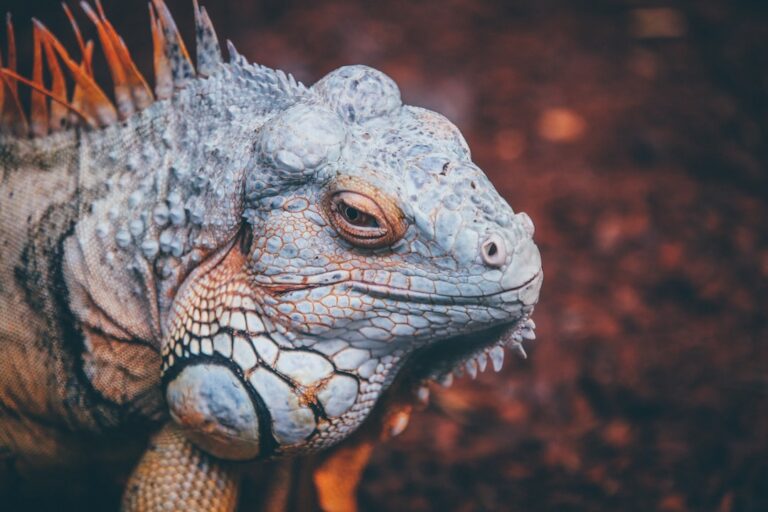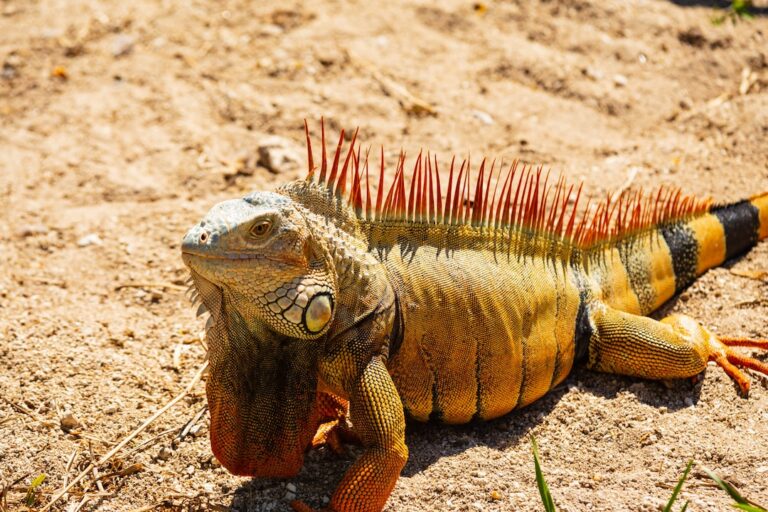Can Iguanas Drink Tap Water?
Iguanas are fascinating reptiles that make popular pets for reptile enthusiasts. However, caring for an iguana requires a lot of knowledge and attention to detail. One important aspect of iguana care is providing them with clean water. Water is essential for the overall health and well-being of iguanas, as it helps with digestion, hydration, and maintaining proper body temperature.
Table of Contents
Understanding Iguana’s Water Requirements
Iguanas require a significant amount of water to stay hydrated and healthy. They should have access to fresh water at all times, and their water bowl should be cleaned and refilled daily. The amount of water an iguana needs can vary depending on its size, age, and environmental conditions. As a general guideline, adult iguanas should consume about 10-15% of their body weight in water each day.
Tap Water Quality and Iguana Health
The quality of tap water can have a significant impact on the health of your iguana. Tap water often contains chemicals such as chlorine, fluoride, and heavy metals that can be harmful to reptiles. It is important to ensure that the tap water you provide for your iguana is safe and free from these contaminants.
Chemicals in Tap Water and Iguana Health Risks
Tap water can contain various chemicals that pose health risks to iguanas. Chlorine is commonly used to disinfect tap water, but it can irritate the skin, eyes, and respiratory system of reptiles. Fluoride is another chemical found in tap water that can be harmful to iguanas if ingested in large amounts. Heavy metals such as lead and copper can also be present in tap water, which can lead to organ damage and other health issues in iguanas.
Chlorine and Iguana Health
Chlorine is a common chemical used to treat tap water and kill bacteria and other microorganisms. However, it can be harmful to iguanas if ingested or absorbed through their skin. Chlorine can irritate the digestive system, leading to diarrhea and dehydration. It can also cause respiratory problems and skin irritation in iguanas.
To remove chlorine from tap water, you can use a water conditioner specifically designed for reptiles. These products neutralize chlorine and make the water safe for your iguana to drink. Another option is to let the tap water sit out for 24 hours before giving it to your iguana, as chlorine will naturally dissipate over time.
Fluoride and Iguana Health
Fluoride is a chemical that is commonly added to tap water to promote dental health. However, excessive fluoride intake can be harmful to iguanas. High levels of fluoride can lead to skeletal abnormalities, such as bone deformities and weakened bones. It can also affect the thyroid gland and disrupt the normal functioning of the endocrine system in iguanas.
To remove fluoride from tap water, you can use a reverse osmosis filtration system or a deionization filter. These filtration methods are effective at removing fluoride and other contaminants from tap water, ensuring that it is safe for your iguana to drink.
Hard Water and Iguana Health
Hard water is water that contains high levels of minerals such as calcium and magnesium. While these minerals are essential for human health, they can be problematic for iguanas. Hard water can lead to the formation of mineral deposits in the iguana’s kidneys and urinary tract, which can cause urinary blockages and other health issues.
To soften hard water, you can use a water softener or add a water conditioner specifically designed for reptiles. These products help remove excess minerals from the water, making it safer for your iguana to drink.
Soft Water and Iguana Health
Soft water is water that has been treated to remove minerals and reduce its hardness. While soft water may be more suitable for human consumption, it can be problematic for iguanas. Soft water lacks essential minerals that are necessary for the proper functioning of an iguana’s body. Without these minerals, iguanas may develop nutritional deficiencies and other health problems.
To add minerals to soft water, you can use a reptile-specific mineral supplement. These supplements contain essential minerals such as calcium and magnesium, which are necessary for the overall health and well-being of your iguana.
Alternatives to Tap Water for Iguanas
If you are concerned about the quality of your tap water, there are alternative water sources you can consider for your iguana. Bottled water is one option, but it can be expensive and may not always be readily available. Another option is filtered water, which can be achieved using a high-quality water filter specifically designed for reptiles. These filters remove impurities and contaminants from tap water, making it safe for your iguana to drink.
Can Iguanas Drink Tap Water?
In conclusion, tap water can be safe for iguanas to drink if it is properly treated and free from contaminants such as chlorine, fluoride, and heavy metals. It is important to ensure that the tap water you provide for your iguana is clean and safe by using appropriate filtration methods or water conditioners. If you are unsure about the quality of your tap water, there are alternative water sources such as bottled water or filtered water that you can consider for your iguana. Remember, providing clean and fresh water is essential for the health and well-being of your iguana.
If you’re curious about the drinking habits of reptiles, you might also be interested in learning about why turtles pee on you. It’s a fascinating behavior that many turtle owners have experienced. To find out more about this intriguing topic, check out this article on Reptile Friend.


